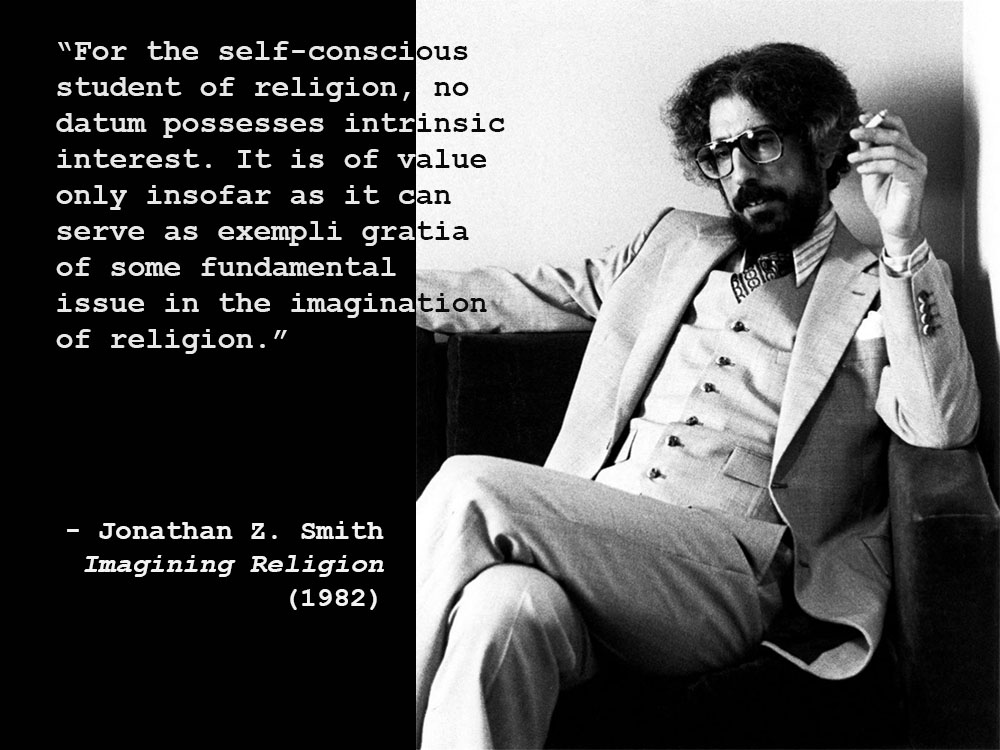 Read more.
Read more.

A Peer Reviewed Blog
 Read more.
Read more.
 In 2008 I took a small group of undergraduate students from our Department at the University of Alabama to Thessaloniki, Greece (that’s us above, with a famous philosopher, who has a shiny toe, likely from tourists rubbing it), where I had been for a conference a couple years before, and at which I first met my Culture on the Edge colleague, Vaia Touna. I’ve returned several times since that first trip, sometimes with other students and sometimes to help further my own school’s initiative to establish a long term relationship with Aristotle University — a school whose namesake was from a village about an hour’s drive east of the city. Continue reading ““The Same…, But Different””
In 2008 I took a small group of undergraduate students from our Department at the University of Alabama to Thessaloniki, Greece (that’s us above, with a famous philosopher, who has a shiny toe, likely from tourists rubbing it), where I had been for a conference a couple years before, and at which I first met my Culture on the Edge colleague, Vaia Touna. I’ve returned several times since that first trip, sometimes with other students and sometimes to help further my own school’s initiative to establish a long term relationship with Aristotle University — a school whose namesake was from a village about an hour’s drive east of the city. Continue reading ““The Same…, But Different””
“On the Spot” backs members of Culture on the Edge into a corner to talk about their backgrounds, their ongoing work, and what might be gained by an alternative understanding of how identity works.

Q: Vaia, you focused some of your scholarship on ancient Greek texts both before and after beginning to read social theory – could you give us an example of how the theorists you’ve read have affected the way that you now approach these ancient materials?
A: My Masters was on Euripides’ tragedy Hippolytus and the notion of Meden Agan (i.e., moderation) and how it was understood in the 5th century BCE Athens. In order to write my thesis back then, of course, I read a lot of secondary literature and commentaries on the play, heavily descriptive works on the “religion” of the ancient world, and of course how ancients might have thought/felt and the universality of their meanings that (we today presume) stay unalterable in their texts—meanings that modern scholars, with the right tools, will be able to retrieve just like the archaeologists dig up and unearth the past. I did all that in my effort to better understand and recreate that ancient world. This approach to the ancient material has changed once I started reading theorists like Russell McCutcheon, Jonathan Z. Smith, Bruce Lincoln, Michel Foucault, and others; now my data are not just these ancient texts (whether literature, or statues, vases, etc.) but also the commentaries that previously served as my “way into” the ancient world, for I came to realize that the world I was entering was the world and time period of those scholars. Continue reading “On the Spot with Vaia Touna”
“On the Spot” backs members of Culture on the Edge into a corner to talk about their backgrounds, their ongoing work, and what might be gained by an alternative understanding of how identity works.
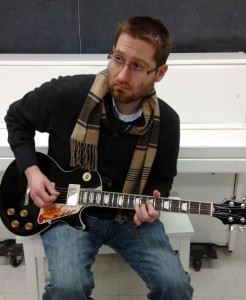 Q: Craig, the shift that we’re all making at Culture on the Edge – from describing identities that either do or do not complement each other to studying the historically situated identification practices that make it possible to claim an identity – is not all that typical for scholars of religion. Do you agree? And if so, then what did you do your early work on and when (and why) did you start to make this theoretical shift?
Q: Craig, the shift that we’re all making at Culture on the Edge – from describing identities that either do or do not complement each other to studying the historically situated identification practices that make it possible to claim an identity – is not all that typical for scholars of religion. Do you agree? And if so, then what did you do your early work on and when (and why) did you start to make this theoretical shift?
A: I find that a lot of scholars claim that there is, of course, no essence to any religious or cultural tradition, but who then go on to talk as if there was. Continue reading “On the Spot with Craig Martin”
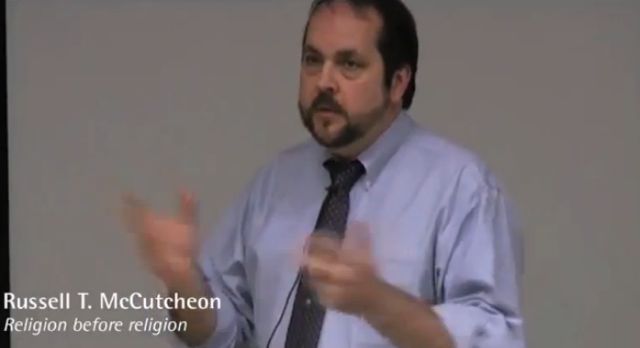 Listen to a January 2011 lecture (which eventually was published in The Sacred is the Profane), delivered at Leibniz University in Hannover, Germany, by Russell McCutcheon. Continue reading “Religion Before Religion”
Listen to a January 2011 lecture (which eventually was published in The Sacred is the Profane), delivered at Leibniz University in Hannover, Germany, by Russell McCutcheon. Continue reading “Religion Before Religion”
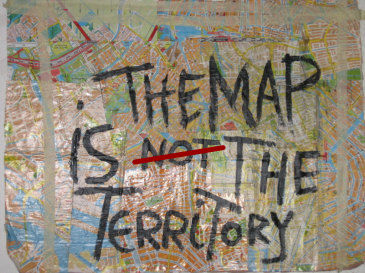
Not long ago I heard a story on “Morning Edition,” the National Public Radio news show, on the order and identity that GPS and maps are now bringing to the Kenyan slum of Mathare (in Nairobi), and on the lives of a group of people there who have formed The Spatial Collective. Give it a listen here — but when you do, keep in mind Alfred Korzybski‘s (d. 1950) much-quoted statement that the map is not territory. Continue reading “The Map is the Identity”
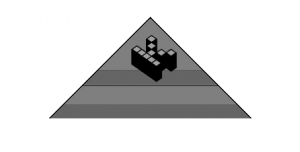 People involved in Kopimi, a movement promoting the free exchange of information and file sharing over the web (in opposition to anti-piracy and copyright regulations), have begun the process of registering as a religion in Russia. Their strategy is to use the special protections in Russia for religious sentiments (which recently went into effect following the Pussy Riot episode last year) to challenge anti-piracy regulations. Their argument is that the anti-piracy laws contradict their belief that “the process of exchanging data is sacred.” This is not the first time the Kopimi movement has worked to become a religion, as it is recognized in Sweden as Kopimistsamfundet. Continue reading “Strategic Religion”
People involved in Kopimi, a movement promoting the free exchange of information and file sharing over the web (in opposition to anti-piracy and copyright regulations), have begun the process of registering as a religion in Russia. Their strategy is to use the special protections in Russia for religious sentiments (which recently went into effect following the Pussy Riot episode last year) to challenge anti-piracy regulations. Their argument is that the anti-piracy laws contradict their belief that “the process of exchanging data is sacred.” This is not the first time the Kopimi movement has worked to become a religion, as it is recognized in Sweden as Kopimistsamfundet. Continue reading “Strategic Religion”
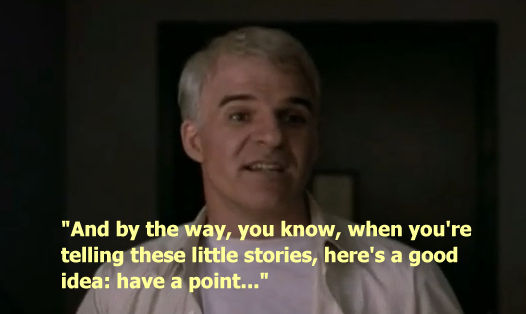 I was watching a rerun of a show on television the other night, about emotions in animals, when one of the scientists interviewed talked about how a variety of solitary observations can build up to a considerable body of observational data — “the plural of anecdote is data” he said. It’s a line, I later realized, that has been attributed to, among others, Raymond Wolfinger, a retired political scientist professor at Berkeley (see more here). Continue reading “What’s the Point?”
I was watching a rerun of a show on television the other night, about emotions in animals, when one of the scientists interviewed talked about how a variety of solitary observations can build up to a considerable body of observational data — “the plural of anecdote is data” he said. It’s a line, I later realized, that has been attributed to, among others, Raymond Wolfinger, a retired political scientist professor at Berkeley (see more here). Continue reading “What’s the Point?”
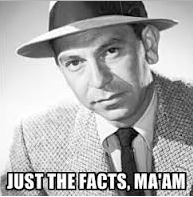
‘NOW, what I want is, Facts. Teach these boys and girls nothing but Facts. Facts alone are wanted in life. Plant nothing else, and root out everything else.’
These opening lines of Charles Dickens’ novel Hard Times came to mind recently when I read an opinion piece in the Chronicle of Higher Education written by Peter Wood, the President of the National Association of Scholars. The piece related to the recent news that, when he was governor of Indiana, Mitch Daniels (now president of Purdue University) had an email exchange questioning the use of Howard Zinn’s People’s History of the United States in Indiana schools, which Daniels reportedly described as “anti-factual” and a fraud, in his less colorful moments. In his commentary, Woods argued that Daniels was correct in questioning the worth of Zinn’s tome, pointing to a range of reviews of the work from historians teaching at prestigious universities that critiqued Zinn’s construction of his narrative. Continue reading “Asking the Wrong Questions”